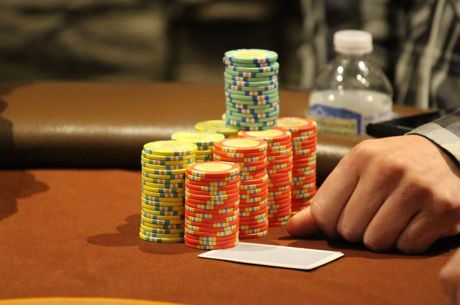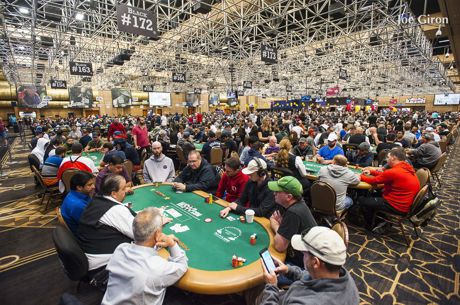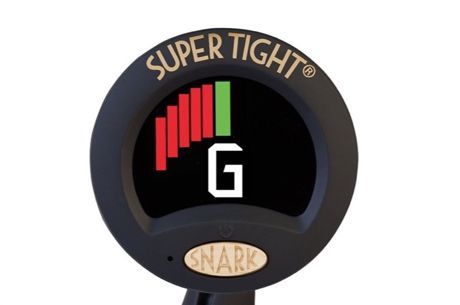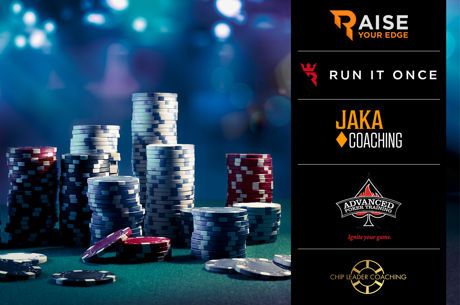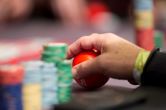When You Play Poker, Are You Cheating... Yourself?
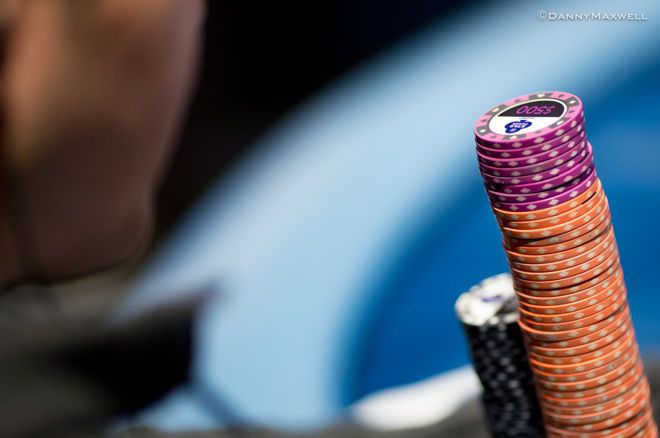
There have been quite a few articles about cheating written over the years. I know I've written a few myself. However, up until now, they have all failed to address what I consider to be the most serious and pernicious type of cheating you'll find in a casino. The cheating you do... to yourself.
Okay, okay... before you get your back up and proclaim yourself innocent of such a dastardly deed, let me spell it out for you a little more explicitly. You may be cheating yourself even as you study strategy and focus on improving your game. How can that be?
Unless you are a full-time professional poker player trying to grind out a living on the green felt, I would put it to you that poker is primarily a way for you to add value to your life by giving you extra pleasure. To some extent, maybe even to a large extent, that pleasure comes from the money you can win off of your opponents.
That is to say, the more money you win, the more pleasure you derive from the game. Therefore, it stands to reason that to extract the maximum pleasure from poker you should set about to do those things that will help you extract the maximum profit. So it would seem, anyway.
In fact, there's a serious flaw in this argument. That flaw is that not all of the things that you might do at the poker table in the service of increasing your profit will add to your level of pleasure. In fact, some of those profit-increasing efforts will tend to deprive you of some fairly large measure of that pleasure.
That's what I mean by cheating yourself at poker. In the interest of extracting profit you are diminishing your pleasure, and thereby cheating yourself of all of the pleasure that you might otherwise enjoy.
Conduct this admittedly weird thought experiment. Imagine that some quirky rich guy said to you that he would pay you a salary just to sit in a cardboard box playing poker on a computer all day long. He'd provide accommodations to make it comfortable, perhaps even piping in your favorite music. But you'd have to stay in the box, except for the occasional bathroom or meal break, playing poker on a screen set up inside the box.
How much would he have to pay you to do this? $10 an hour? $20? $50? $100?
I wouldn't do it for $4,000 or less an hour. Anything less and it wouldn't be worth it to me. Everyone is different, of course. But I'd be willing to bet that for most people the number is almost surely higher than $20 an hour.
Now look at how you play poker in a casino, how you're often tutored to play it seriously. To what extent are you expected to play poker in a box?
Many wear ear buds and sunglasses, and maybe a hoodie to cover up your eyes and as much of your face as you can get away with so you don't give off any tells.
Then you're supposed to keep your face and body inert, also to avoid giving off any tells. You don't want to talk to people lest they get a line on you. And you want to play like an automaton, again to make sure your opponents don't pick up anything from your gestures, body language, or movements that could betray the true strength of your hand.
Perhaps that's extreme. But how many people adopt a certain unengaging persona while they play poker? How many are sometimes deliberately unsociable or otherwise provocative, all in the interest of gaining an advantage at the table?
I'll tell you this, I've seen far too many people who don't seem to be enjoying themselves when they play. They are unduly serious, somber, agitated, or otherwise stressed out. I think of all the fun they seem to be depriving themselves, having restricted themselves this way.
Poker can be a blast. There's the mental challenge, the risk, the thrill of uncertainty while the hand is being played out, and the potential to engage with lots of different people. Winning is surely more fun than losing, and winning takes some work and concentration. It can't all be fun and games.
But I ask you, are you having fun... or are you playing in a box?
Ashley Adams has been playing poker for 50 years and writing about it since 2000. He is the author of hundreds of articles and two books, Winning 7-Card Stud (Kensington 2003) and Winning No-Limit Hold'em (Lighthouse 2012). He is also the host of poker radio show House of Cards. See www.houseofcardsradio.com for broadcast times, stations, and podcasts.

